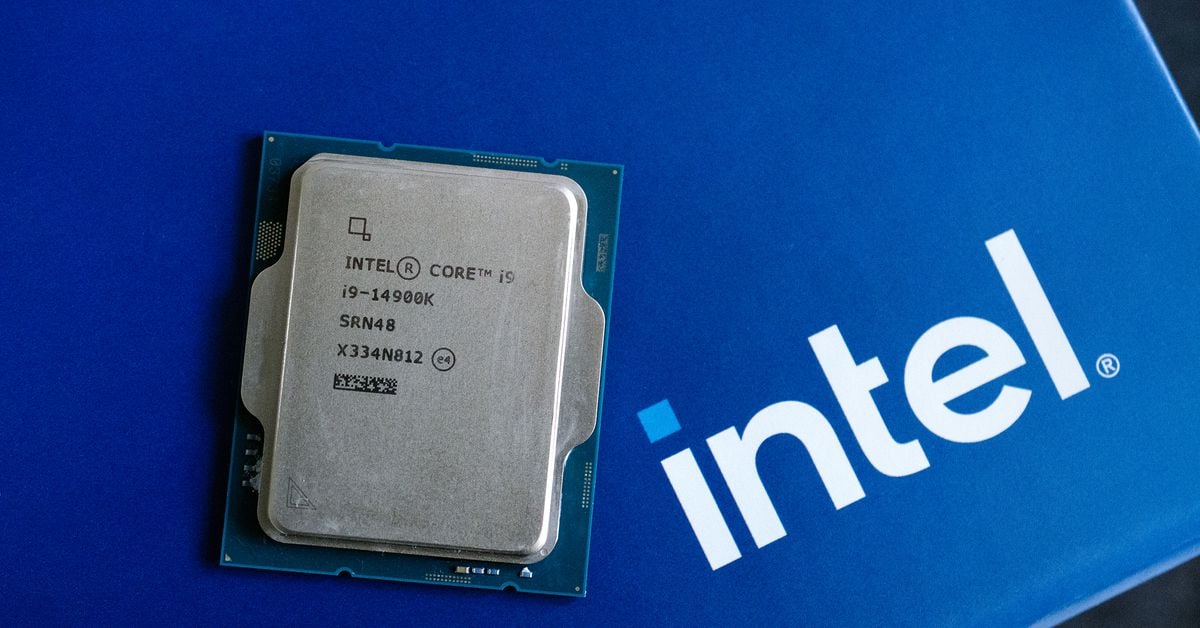- cross-posted to:
- technology@lemmy.zip
- cross-posted to:
- technology@lemmy.zip
The only workarounds that seem to improve stability involve manually downclocking or undervolting Intel’s processors.
Guess that explains why I haven’t had any unexpected crashes yet with stuff like Palworld or Helldivers 2 (afaik both are made in UE). Have been running my 13900kf slightly undervolted.
If 14 year old me had heard I would buy a top-tier computer only to underclock it, he would have cried.
But here we are.
There are/were two reasons why I did that:
- board manufacturers like to push the juice into the CPU to make benchmarks look good which is dangerous with these power sucking bricks, afaik this might be already patched in recent bioses but I am not risking it/lazy to tweak back
- depending on the CPU piece you might achieve same performance with less power which is my case, I think I have Core Voltage set to something like Adaptive-0.080 which afaik is still pretty tame and the benchmark scores almost didn’t move
board manufacturers like to push the juice into the CPU to make benchmarks look good which is dangerous with these power sucking bricks
I don’t care about motherboard manufacturers letting you exceed Intel’s limits, but I have a concern with that being the default, which it was on at least my Asus Z790 board’s BIOS.
Helldivers 2 uses the autodesk stingray engine, which has generally been cussed for its jankiness
Sounds like their ootb “overclock” pushes the chips too hard. They completely lost touch with any sense for efficiency.
Most of the games affected seem to be based on the Unreal Engine, which could point to a stability issue that Intel needs to address.
Certainly could be a CPU issue, but if all the affected games use the same engine, I don’t know why you would conclude that.
Because other CPUs don’t have this problem. If the game engine is problematic then many other CPUs would show something. The game engine is just the trigger, much like a seizure can be triggered on some people by flashing lights but not others.
It sounds like there’s a specific set of CPU instructions (or a specific sequence of them) which are especially affected, which that game engine uses much more than most other software
So their OOtB overclock practice has gone sideways? Surprise surpise.
Ow nou, I just bought an i9 laptop
Aren’t intels laptop chips a different architecture
The article talks about desktop CPUs, so I guess they are different architecture… Hope I will be able to play “The Sims” smoothly.
Depends on the generation. The one that’s just been released, Meteor Lake, wasn’t released on desktop because despite Intel aspiring to make it a more power efficient architecture across the board, in a lot of its voltage/frequency curve, it’s less efficient than previous gen.
On desktop, it’d be a downgrade over previous gen for sure, so they instead just re-released 13th gen chips as 14th gen.
I have a 3 year old i9 in my laptop and that shit overheats trying to watch 4k YouTube lol. This chip never had any business being in a small chassis
I just built a 13700k system for a lab box. My plan all along was undervolt (stable .130 undervolt) and limit max PL2 to 175w. I probably get 85% or better of listed performance and it runs a cool 60° even under max load, which I will frequently run for 24h at a time. For me, cool and stable was always the goal, sounds like this is just bearing out my decision.
Note, I would have gone AMD, but I needed quicksync for Plex.
They replaced my 13900k for exactly this reason a couple of months back. I bought a full contact cpu frame and tossed a new AIO cooler on it, and we’ll see how it goes…









